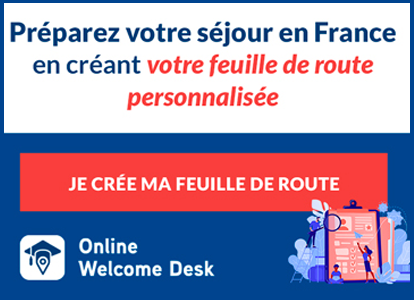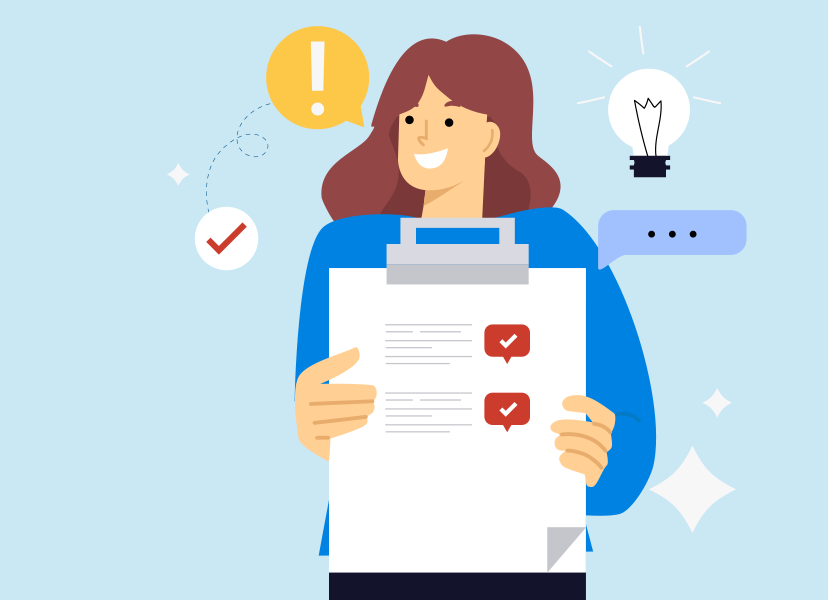Kareem


Découvrez notre assistant virtuel et créez votre feuille de route personnalisée pour être guidé avant et dès votre arrivée en France.


Le visa « C », tout comme le visa « long séjour temporaire », avec dispense de carte de séjour, ne vous permet pas de faire une demande de titre de séjour. Il vous autorise à séjour en France jusqu'au dernier jour de sa validité.
Si vous êtes entré en France sans visa pour du tourisme, vous pouvez séjourner dans la limite de 90 jours. Plus d'informations sur le site du Ministère de l'Intérieur et des Outre-Mer.
Si vous souhaitez étudier en France et obtenir un titre de séjour, vous devez solliciter un « visa de long séjour étudiant » auprès du consulat de France de votre pays d'origine.
Pour solliciter le changement de statut vers « salarié », contacter la préfecture de l'Hérault